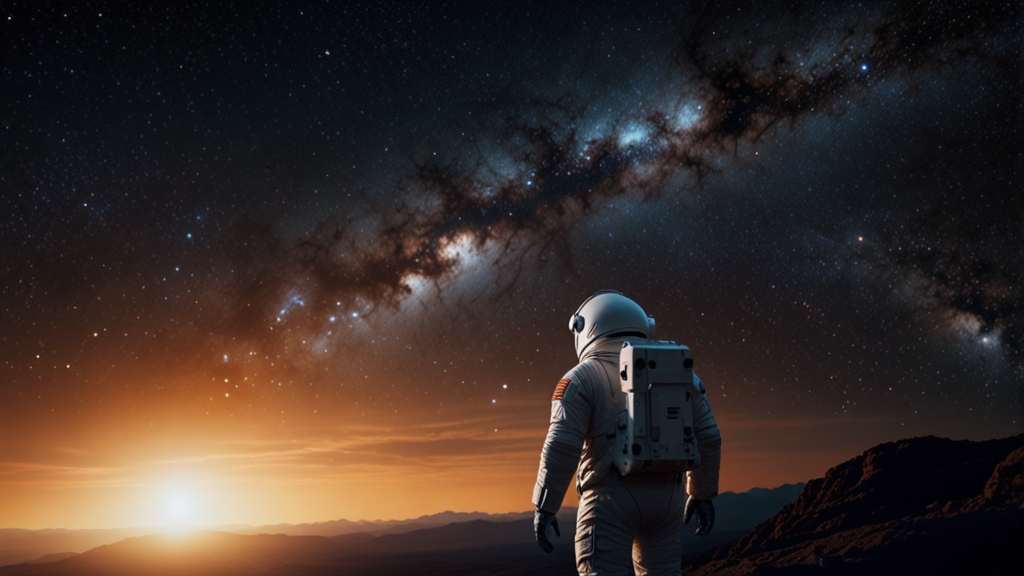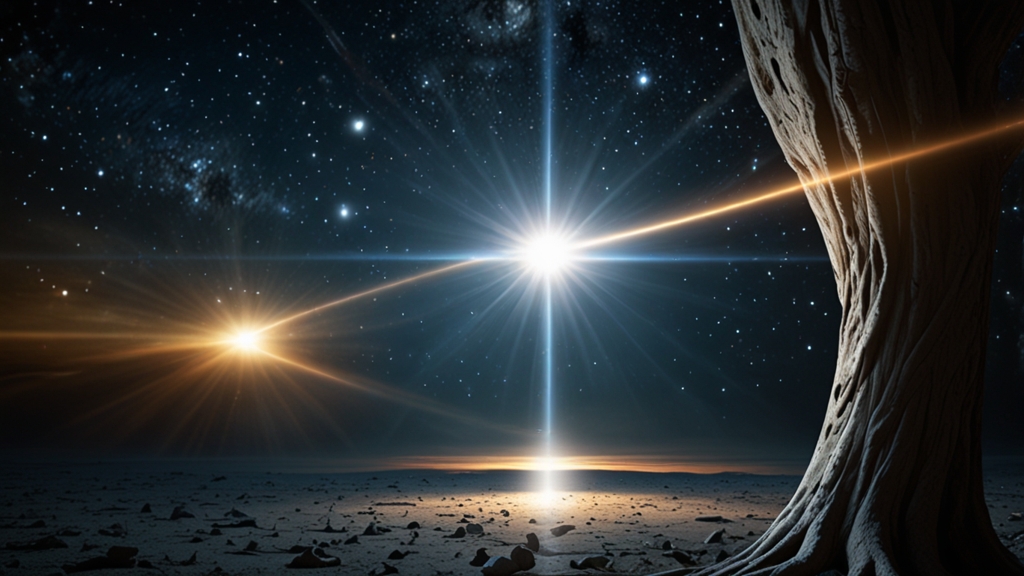Introduction
The quest to discover life beyond Earth has captivated humanity for centuries. While early astronomers gazed at the stars with wonder and speculation, modern scientists harness advanced technologies and interdisciplinary knowledge to explore the cosmos. One of the crucial players in this extraordinary search are astrobiologists. In an era of unprecedented advancements in space exploration, the expertise of astrobiologists is more vital than ever.
What Is Astrobiology?
Astrobiology is the scientific study of life's potential in the universe, encompassing the origin, evolution, distribution, and future of life beyond our planet. This field integrates knowledge from various disciplines, including biology, chemistry, geology, and astronomy. Astrobiologists ask fundamental questions such as: How did life begin on Earth? Under what conditions can life exist? Where in the universe might life be found?
Recent Milestones in Space Exploration
In recent years, space agencies like NASA, ESA (European Space Agency), and private companies such as SpaceX have made significant strides in space exploration. Missions such as the Mars rovers (Curiosity, Perseverance) and telescopes like Hubble and James Webb have provided us with an unprecedented amount of data about the conditions on other planets and celestial bodies. These missions have revealed fascinating information, such as the presence of ancient riverbeds on Mars, water-ice on moons like Europa and Enceladus, and complex organic molecules on comets and asteroids.
The Role of Astrobiologists
Astrobiologists play a crucial role in interpreting the data collected from these missions. Their expertise is indispensable in the following areas:
"Astrobiologists bring a unique perspective that blends rigorous scientific inquiry with the creativity needed to imagine life's myriad possibilities in the cosmos." - Dr. Carol Cleland, Astrobiologist
1. Understanding Biosignatures: Astrobiologists help identify and interpret biosignatures, or signs of past or present life. This could include anything from specific atmospheric gases to organic molecules or microbial fossils.
2. Environmental Suitability:**: By examining extreme environments on Earth, astrobiologists can infer the kind of extreme conditions life might endure on other planets. This includes studying organisms that live in acidic lakes, deep ocean vents, or polar ice caps.
3. Experimental Simulations: Astrobiologists often create laboratory simulations to mimic extraterrestrial environments, aiding in understanding how life could arise and survive in those conditions.
Interdisciplinary Collaboration
Astrobiology is inherently interdisciplinary, requiring collaboration between various scientific fields. This amalgamation of expertise is crucial, as addressing questions about life's potential in the universe involves complex, multifaceted challenges. Astrobiologists must work alongside astronomers, geologists, chemists, and even philosophers to tackle these questions comprehensively.
Future Missions and the Need for Astrobiologists
The future of space exploration promises exciting missions, such as the Mars Sample Return mission, Europa Clipper, and the search for exoplanets in habitable zones. The data from these missions will require expert analysis to determine if the conditions for life exist or existed elsewhere. As we venture further into the cosmos, astrobiologists will be on the front lines, making sense of the discoveries and guiding our next steps.
"The search for life beyond Earth is a journey that requires both technological prowess and the deep scientific insight that astrobiologists provide. They are the gatekeepers of humanity's most profound quest." - Dr. John Baross, Microbiologist and Astrobiologist
Conclusion
As humanity pushes the boundaries of space exploration, the expertise of astrobiologists becomes indispensable. Their interdisciplinary approach and specialized knowledge are crucial for interpreting the complex data from space missions and understanding the potential for life beyond Earth. In an age where every new discovery brings us closer to answering the age-old question, "Are we alone?" the role of astrobiologists is more important than ever.





